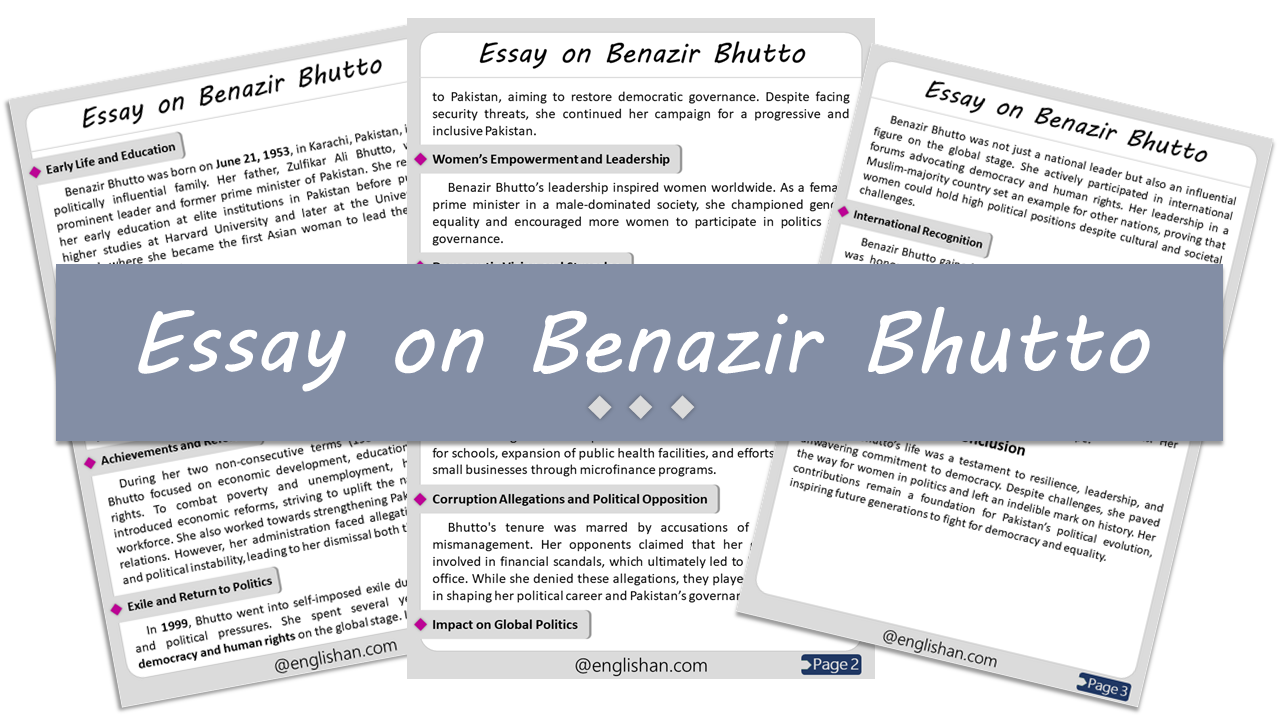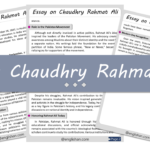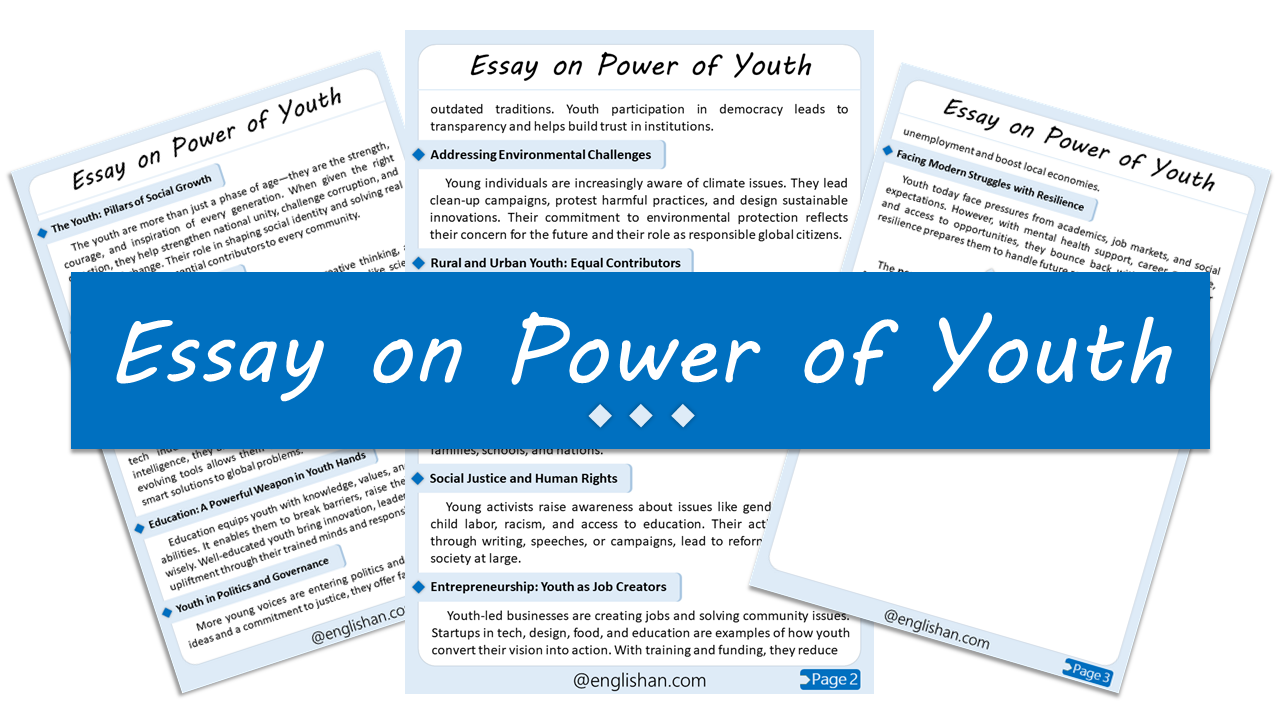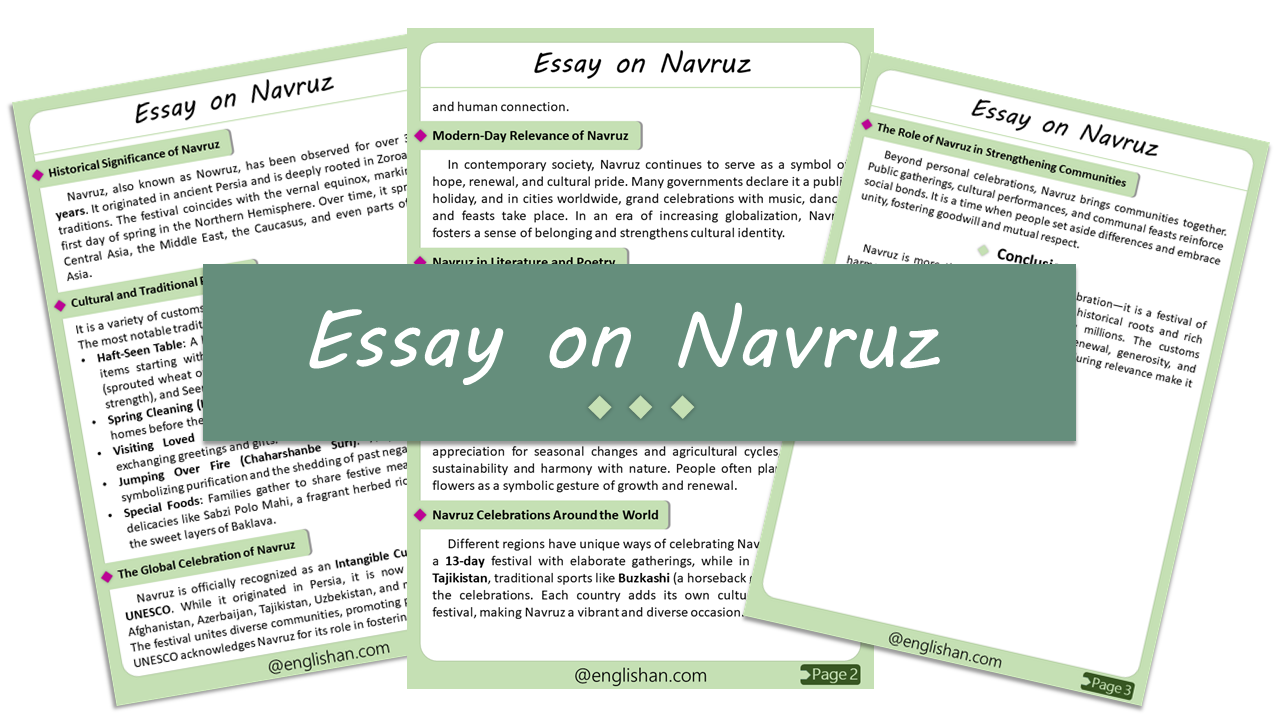When writing about Benazir Bhutto, it’s important to understand her role as Pakistan’s first female Prime Minister and her efforts to improve the country. This essay on Benazir Bhutto explains her early life, education, political career, achievements, challenges, and lasting impact. It highlights her dedication to women’s rights, education, and social reforms. It’s written in 250 words to help students with homework or exams. You can download this Benazir Bhutto essay as a free PDF or image to study or print.
10 Lines Benazir Bhutto Essay for Class 2 to Class 5
- Benazir Bhutto was the first female Prime Minister of Pakistan.
- She was born on June 21, 1953.
- Benazir studied at Oxford and Harvard universities.
- She worked hard to help improve Pakistan’s education and health.
- Benazir Bhutto was a strong leader and fought for democracy.
- She became Prime Minister in 1988.
- Benazir worked to improve women’s rights in Pakistan.
- She faced many challenges during her leadership.
- Benazir Bhutto is remembered as a brave and inspiring leader.
- She passed away in 2007 but her legacy lives on.
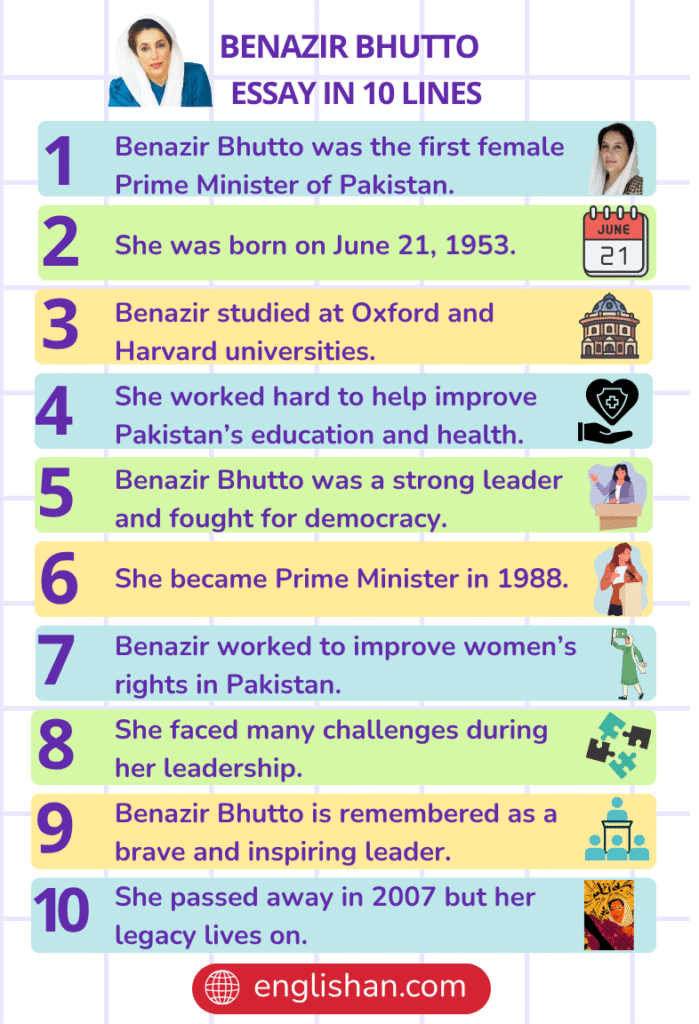
250 Words Essay on Benazir Bhutto for Middle School
Benazir Bhutto was a famous leader and the first female Prime Minister of Pakistan. She was born on June 21, 1953, into a well-known political family. Her father, Zulfikar Ali Bhutto, was also a Prime Minister of Pakistan. Benazir was very intelligent and studied at top universities like Oxford in England and Harvard in the United States. She returned to Pakistan to continue her family’s political legacy.
Benazir Bhutto became the Prime Minister of Pakistan in 1988, making history as the first woman to hold this position in a Muslim-majority country. During her time as Prime Minister, she worked hard to improve the lives of Pakistani people. She focused on education, health care, and helping poor families. She also worked to improve women’s rights and encouraged more women to take part in politics and education.
However, Benazir faced many challenges. She had to deal with political opponents and difficult situations, including threats to her life. Despite these obstacles, she stayed strong and committed to making Pakistan a better place.
Benazir Bhutto served two terms as Prime Minister. Her leadership inspired many people, especially women, to believe that they could achieve great things. Unfortunately, she was assassinated in 2007, but her legacy continues to live on in Pakistan and around the world.
Benazir Bhutto is remembered as a brave and dedicated leader who worked hard for her country. Learning about her life teaches students the importance of courage, determination, and working for the good of others.
500 Words Benazir Bhutto Essay for Upper Primary and Lower Secondary
Early Life and Education
Benazir Bhutto was born on June 21, 1953, in Karachi, Pakistan, into a politically influential family. Her father, Zulfikar Ali Bhutto, was a prominent leader and former prime minister of Pakistan. She received her early education at elite institutions in Pakistan before pursuing higher studies at Harvard University and later at the University of Oxford, where she became the first Asian woman to lead the Oxford Union debating society.
Political Ascent and Challenges
Following the overthrow and execution of her father in 1979, Bhutto faced political exile and personal hardship. She became the leader of the Pakistan People’s Party (PPP) and continued her father’s vision of democracy. After years of struggle, she returned to Pakistan in 1986, rallying immense public support. In 1988, she made history by becoming the first female prime minister of Pakistan, a milestone for women in politics worldwide.
Achievements and Reforms
During her two non-consecutive terms (1988–1990, 1993–1996), Bhutto focused on economic development, education, and women’s rights. To combat poverty and unemployment, her government introduced economic reforms, striving to uplift the nation’s struggling workforce. She also worked towards strengthening Pakistan’s diplomatic relations. However, her administration faced allegations of corruption and political instability, leading to her dismissal both times.
Exile and Return to Politics
In 1999, Bhutto went into self-imposed exile due to increasing legal and political pressures. She spent several years advocating for democracy and human rights on the global stage. In 2007, she returned to Pakistan, aiming to restore democratic governance. Despite facing security threats, she continued her campaign for a progressive and inclusive Pakistan.
Women’s Empowerment and Leadership
Benazir Bhutto’s leadership inspired women worldwide. As a female prime minister in a male-dominated society, she championed gender equality and encouraged more women to participate in politics and governance.
Democratic Vision and Struggles
Bhutto envisioned a democratic Pakistan free from dictatorship and oppression. Her efforts to implement political reforms were met with resistance, but she remained committed to civil rights and justice.
Economic and Social Policies
Her government introduced economic policies aimed at reducing poverty and increasing employment opportunities. She launched educational programs and worked towards healthcare improvements to enhance living standards. Specific initiatives included increased funding for schools, expansion of public health facilities, and efforts to empower small businesses through microfinance programs.
Corruption Allegations and Political Opposition
Bhutto’s tenure was marred by accusations of corruption and mismanagement. Her opponents claimed that her government was involved in financial scandals, which ultimately led to her removal from office. While she denied these allegations, they played a significant role in shaping her political career and Pakistan’s governance.
Impact on Global Politics
Benazir Bhutto was not just a national leader but also an influential figure on the global stage. She actively participated in international forums advocating democracy and human rights. Her leadership in a Muslim-majority country set an example for other nations, proving that women could hold high political positions despite cultural and societal challenges.
International Recognition
Benazir Bhutto gained worldwide recognition for her leadership. She was honored with multiple awards for her contributions to human rights, democracy, and women’s empowerment.
Assassination and Legacy
On December 27, 2007, Benazir Bhutto was assassinated during an election rally in Rawalpindi, a tragedy that shook the nation. Her death marked the end of an era, but her influence continues to inspire leaders advocating for democracy, gender equality, and human rights. Her legacy remains integral to Pakistan’s political landscape.
Conclusion of Benazir Bhutto Essay
Benazir Bhutto’s life was a testament to resilience, leadership, and unwavering commitment to democracy. Despite challenges, she paved the way for women in politics and left an indelible mark on history. Her contributions remain a foundation for Pakistan’s political evolution, inspiring future generations to fight for democracy and equality.

Difficult Words Used in 500 Benazir Bhutto Essay
| Word | Meaning |
|---|---|
| Exile | Being forced to leave one’s country |
| Milestone | A significant achievement |
| Corruption | Dishonest conduct by those in power |
| Resilience | Ability to recover from difficulties |
| Diplomacy | Managing international relations |
Benazir Bhutto Essay PDF
You May Also Like
